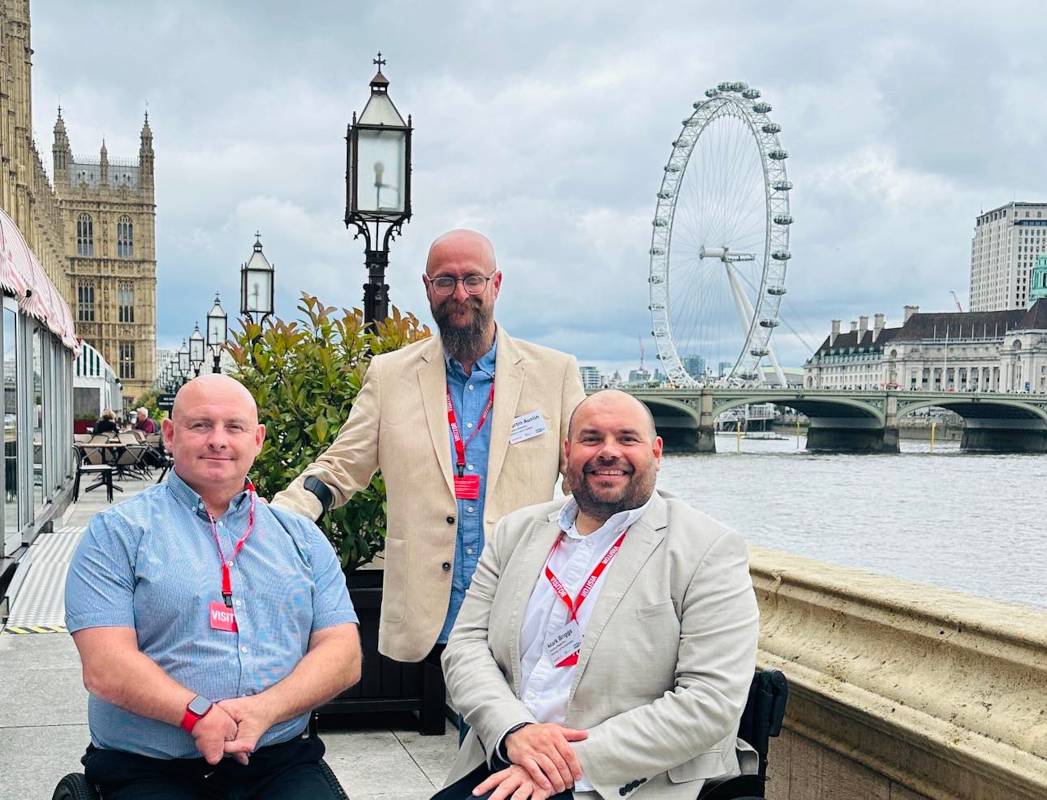
Breaking Down the Inclusion and Accessibility Barriers In Sport
Breaking Down the Inclusion and Accessibility Barriers In Sport
Nimbus Disability have supported and helped facilitate a collaborative research project which has marked a summer of sport in Europe by publishing a report that highlights the barriers faced disabled people wanting to participate and watch sport.
‘The Power of Sport: A Lifetime of Opportunity’ has been led by The Disability Policy Centre and social enterprise, Soda, and examines the importance of the introduction, improvement and preservation of accessibility and inclusion at all levels of sport.
Individuals and organisations were questioned about their experiences with participating in sport and physical activity, as well as watching sport, working in and volunteering in sport.
Key findings of the report are:
- 51.8% of disabled people surveyed were prevented from watching sport due to a lack of accessibility in their venue of choice.
- 49.1% of respondents said that there were a lack of suitable options to play sport, or take part in physical activity, near where they lived.
- 26.4% said that the lack of Social Care support was what prevented them from taking part in the activity they wish.
- 22.6% said that Accessible Transport was a major barrier for them.
It then includes several key policy recommendations for local and national government, small and large stadiums, leisure facilities and community clubs as well as hospitality venues.
Nimbus Disability were involved in the project in their capacity as one of the UK’s leading providers of disability-related advice and support to professional organisations and their innovation in accessible ticketing through the award-winning Access Card.
Nimbus’ founder and managing director, Martin Austin MBE, who is also an accomplished sportsman, explained that Nimbus had brokered involvement of a wide range of individuals and organisations who they work with to contribute to the research.
He said: “This research highlights a multitude of barriers still exist at every stage of someone’s journey through a lifetime of sporting engagement. From inaccessible stadiums, to overt ableism not going challenged, we have a long way to go to ensure that we have real equality of opportunity, to unlock the power and potential for everyone.
“As an organisation, we welcome the findings of the report which we regard as a stake in the ground and a starting point to finding the solutions to break down the barriers facing disabled people.”
This was echoed by Mark Briggs PLY is the Director of Partnerships at Nimbus Disability and a celebrated ice hockey Paralympian.
He continued: “The change in government and particularly the focus on regional autonomy is a particular opportunity to put accessibility and inclusion for disabled people in sport, leisure and beyond to be put back into the spotlight.
“We are proud to support the publication of this research which highlights the need for strategic responsibility and consistency – something we have been championing for sometime.”
Chloe Schendel-Wilson is co-founder of The Disability Policy Centre - an independent think tank which is the first of its kind in the United Kingdom and is dedicated to the development and advancement of policy ensuring that accessibility is at the heart of legislation.
She concluded: “Sport and physical activity is something that impacts so many people’s lives, and getting inclusivity right impacts all of us.
“Sport and physical activity not only helps someone’s health, but it can tackle loneliness, build confidence and reduce isolation through building community. It is not acceptable that in 2024 that we still have so far to go to break down barriers for disabled people, and people with long-term health conditions.
“There is much to be done and we hope that our recommendations can begin to address key steps to be taken by both government and civil society.”